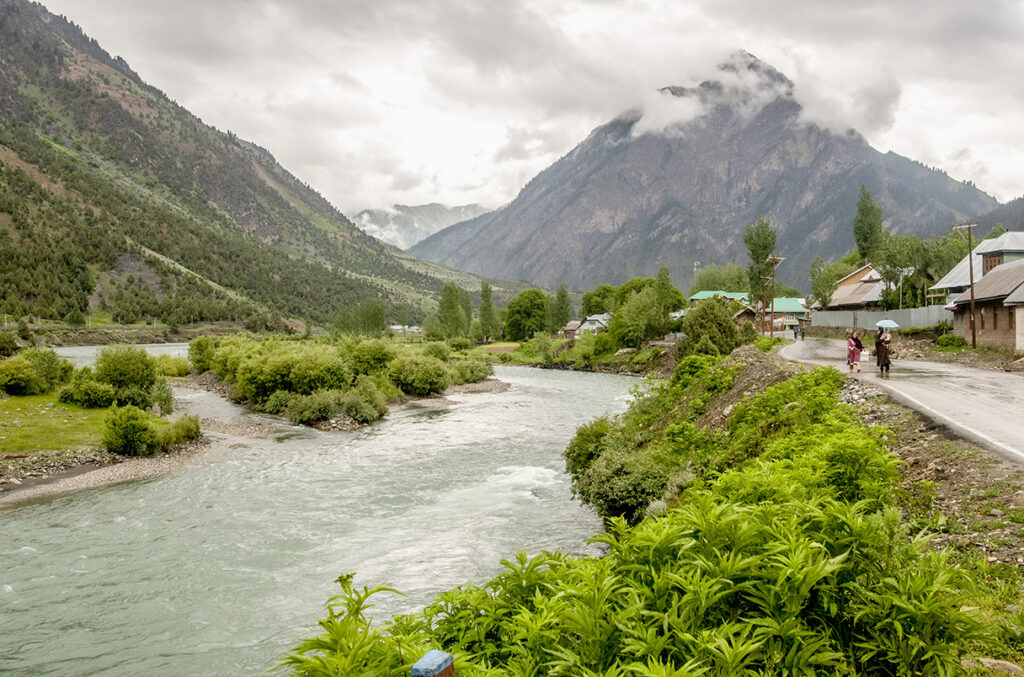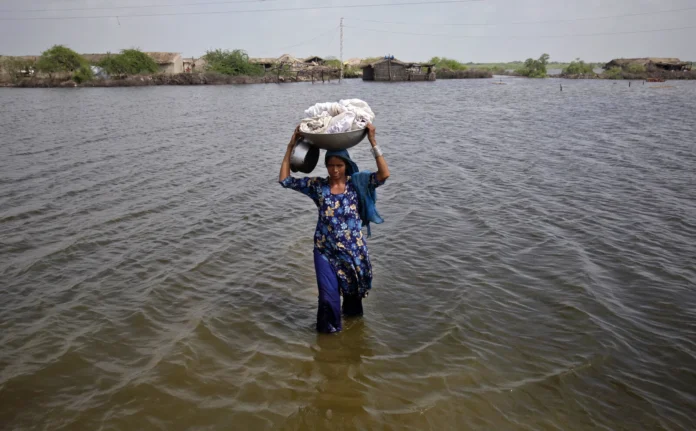In the heart of South Asia, where the Indus River once carved life into the land, Pakistan now faces an existential threat, climate change, through a lens rarely spotlighted in policy debates, public health. As extreme weather tightens its grip, unrelenting floods, scorching heatwaves, and a surge in disease, the role of international health treaties is emerging as a lifeline for a nation battered by environmental upheaval. With the clock ticking toward the next monsoon season, these global frameworks are shaping Pakistan’s climate response in ways that could determine the fate of millions.
Last month, the World Health Organization (WHO) and Pakistan’s Ministry of National Health Services sounded an alarm over the resurgence of malaria, a disease now spiraling out of control. Official figures reveal over 2.7 million cases in 2023, a staggering leap from the 400,000 reported in 2021, with the 2022 floods acting as a catalyst. The WHO’s latest data, released in mid-June, ties this spike to climate-driven changes, warmer temperatures and stagnant floodwaters creating perfect breeding grounds for mosquitoes. This isn’t just a local crisis; it’s a call to action under treaties like the Global Fund to Fight AIDS, Tuberculosis and Malaria and the International Health Regulations (IHR), to which Pakistan is a signatory. These agreements are pushing the country to bolster its disease surveillance networks, distribute mosquito nets in vulnerable regions, and deploy mobile clinics to heatwave-ravaged districts, a health-first approach to climate resilience.
The stakes were laid bare in a report from Amnesty International, published in early May and still reverberating through policy circles. Which paints a grim picture of an underfunded healthcare system buckling under the weight of climate-linked disasters. The 2022 floods, which submerged a third of the country and displaced 33 million people, saw a 71% spike in deaths at Indus Hospital & Health Network’s Badin facility, driven by malaria, diarrhea, and respiratory illnesses. Children and the elderly bore the brunt, a trend Amnesty ties to Pakistan’s failure to meet global public health obligations under the IHR. This has prompted a strategic pivot: officials are now framing climate impacts as health emergencies, leveraging treaty commitments to demand technical and financial assistance on the international stage.
Diplomacy is following suit. At recent WHO and UNFCCC meetings in June, Pakistani delegates, led by Climate Minister Musadiq Malik, pressed for a health-centered climate agenda. Their advocacy helped shape the 2024 draft resolution on climate and health, which emphasizes ‘One Health’ approaches, integrating human, animal, and environmental well-being. Malik’s sharp critique of “funding injustice” during a June 20 press conference underscored the urgency: of the $10 billion pledged by donors after the 2022 floods, only $2.8 billion has materialized. He argued that climate-induced health risks, documented in rising disease outbreaks and damaged infrastructure, should unlock emergency climate finance, a plea resonating with the Bonn Symposium 2025’s call for grant-based support under the Fossil Fuel Non-Proliferation Treaty.

On the ground, the impact is tangible. In rural Sindh and Punjab, WHO-led initiatives have brought mobile clinics to flood-hit villages, while the Living Indus Initiative, a $11-17 billion UN-backed project launched this year, aims to restore the river basin’s ecological health, with health experts pushing for integrated water and sanitation projects to curb disease. Technology is also creeping in, telemedicine platforms like Sehat Kahani are bridging gaps in remote areas, and AI-powered flood prediction tools are being piloted to enhance early warnings. Yet, implementation lags, hampered by Pakistan’s economic woes, external debt now at 34.7% of GDP and governance challenges that dilute aid effectiveness.
The government is responding with a policy overhaul. Experts revising Pakistan’s Nationally Determined Contributions (NDCs) confirm that public health is no longer a footnote but a central pillar. Plans are underway to retrofit hospitals against flooding, boost emergency response capacity, and train frontline workers, a shift driven by lessons from the 2022 disaster, which destroyed 1,460 health facilities and left 15% of the population without care. The UN Sustainable Development Cooperation Framework, active in June discussions, supports this, urging industrialized nations to honor adaptation finance commitments under the Paris Agreement.
Critics, however, remain skeptical. Some point to corruption and weak enforcement as barriers that could undermine even the best-intentioned treaties. Others note the slow pace of aid, only 60% of the UN’s $816 million 2022-2023 appeal has been met, raising doubts about global solidarity. Yet, amid these tensions, Pakistan’s alignment with health treaties offers a diplomatic edge. As the country prepares to host regional forums on climate resilience later this year, it positions itself not just as a victim of environmental injustice but as a treaty-bound state meeting global obligations.
In this fragile convergence of heatwaves, floodwaters, and disease outbreaks, Pakistan is carving a new path. Health is no longer an afterthought in climate policy, it’s the frontline. And as international treaties guide this journey, the question remains: will the world’s promises translate into action before the next crisis strikes?


